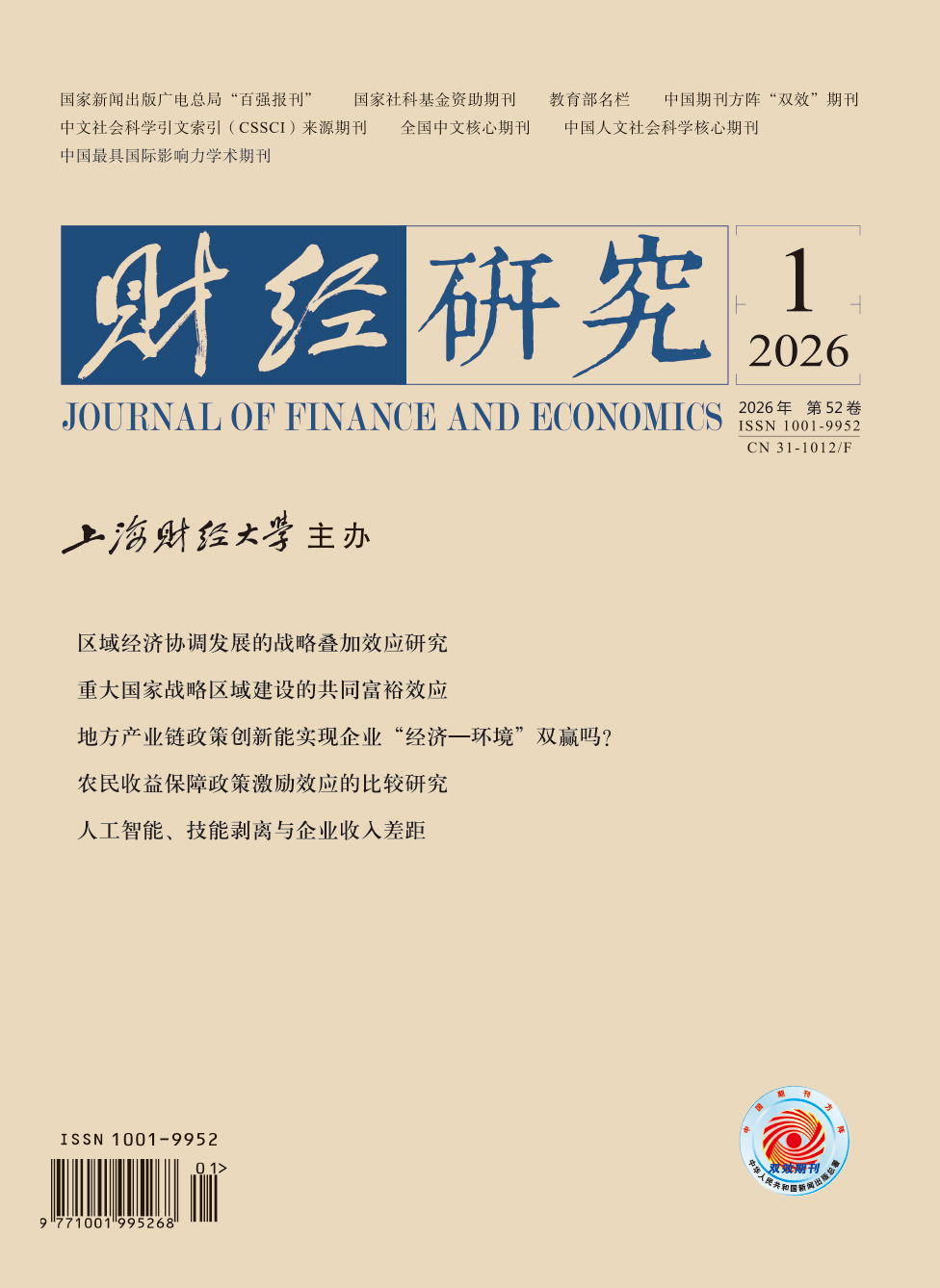This paper studies the happiness function from both theoretical and empirical perspectives and comparatively explores the impacts of monetary factors like consumption and income on subjective well-being (SWB). It finds that both the specific number and relative change in monetary factors have a significant impact on SWB. Both the increase in consumption or income can significantly enhance personal happiness, and spending money is more beneficial to the improvement of personal happiness than making money. Because of the differences in initial monetary factors that face families and the impacts of the inertia of environmental adaptation & ratchet effect, compared to the changes in income inequality, personal happiness is more sensitive to changes in consumption inequality. Compared to the employment sample, the unemployment sample is more sensitive to the changes in monetary environment. "Happiness is not so easy, so it especially fascinates people". In the process of income distribution and redistribution, the emphasis on the improvement of relative positions of households, the guidance of rational consumption, the satisfaction of consumer demands, and the consideration of heterogeneity, are helpful to the enhancement of national happiness.
 / Journals / Journal of Finance and Economics
/ Journals / Journal of Finance and EconomicsJournal of Finance and Economics
LiuYuanchun, Editor-in-Chief
ZhengChunrong, Vice Executive Editor-in-Chief
YaoLan BaoXiaohua HuangJun, Vice Editor-in-Chief
Happiness: Spending Money or Making Money?
Journal of Finance and Economics Vol. 42, Issue 06, pp. 17 - 26 (2016) DOI:10.16538/j.cnki.jfe.2016.06.002
Abstract
References
Abstract
Keywords
Cite this article
Xu Lingli, Gong Guan, Ai Chunrong. Happiness: Spending Money or Making Money?[J]. Journal of Finance and Economics, 2016, 42(6): 17–26.
Export Citations as:
For
ISSUE COVER
RELATED ARTICLES




 9387
9387  6684
6684

